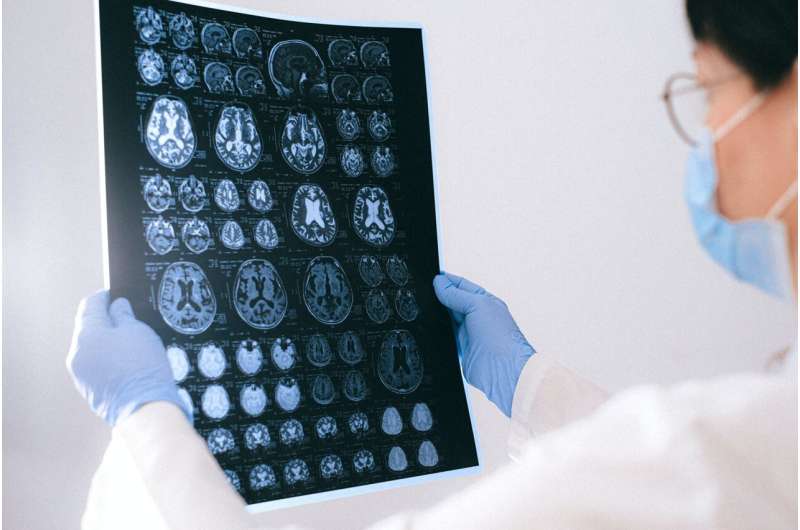Massachusetts Hospital Under Scrutiny Over Brain Tumor Cluster Among Nurses

Concerns rise as a cluster of benign brain tumors among nurses at Newton-Wellesley Hospital prompts ongoing investigations and questions about workplace safety. Experts and unions are calling for more comprehensive testing to ensure hospital environmental safety.
Recent reports have brought attention to a concerning pattern of brain tumors among nurses working at Newton-Wellesley Hospital in Massachusetts. A union representing hospital staff expresses skepticism toward the investigation conducted by Mass General Brigham, which concluded that there is no connection between the brain tumor cases and the nurses' working conditions.
The hospital's administration identified six nurses who worked on the fifth-floor maternity unit and have developed benign (non-cancerous) brain tumors over several years. In an official statement, President Ellen A. Moloney affirmed that ongoing investigations by the hospital's Department of Occupational Health and Safety have found no evidence linking these medical conditions to the hospital environment.
Despite these assurances, the Massachusetts Nurses Association (MNA) has questioned the thoroughness of the testing conducted so far. The union's own investigation, led by occupational health nurses, remains incomplete and suggests that the environmental testing may not have been comprehensive enough. The union has indicated plans to collaborate with the hospital for further testing, including seeking an independent expert review.
The issue persists as reports indicate an increase in reported cases—adding up to seven nurses diagnosed with brain tumors, all of whom previously worked in maternal care on the hospital's fifth floor. Nonetheless, inspections by state and federal agencies in April found no issues related to environmental exposure or working conditions. These inspections included radiation surveys and evaluations of X-ray equipment maintenance.
The Department of Public Health emphasized that most brain tumors develop without clear causation and that the latency period post-exposure can be anywhere from 10 to 50 years. DPH also noted that most cases are unrelated to identifiable risk factors, and acknowledged the challenges in confirming individual diagnoses.
As the investigation continues, hospital officials and union representatives aim to unveil the true cause of these cases, amid public concern and ongoing scrutiny.
source: https://medicalxpress.com/news/2025-05-massachusetts-brain-tumor-cluster-nurses.html
Stay Updated with Mia's Feed
Get the latest health & wellness insights delivered straight to your inbox.
Related Articles
Study Finds No Advantage of Rituximab Over Conventional Treatment for Eosinophilic Granulomatosis with Polyangiitis
A recent clinical trial reveals that rituximab does not significantly outperform conventional therapies in inducing remission for patients with eosinophilic granulomatosis with polyangiitis (EGPA).
Innovative Flu Treatment Combines Chocolate-Derived Compound, Surpasses Tamiflu Performance
A new drug combination featuring a chocolate-derived compound has shown to outperform Tamiflu against resistant flu strains, promising a breakthrough in antiviral therapy. Learn more about this innovative research from Hebrew University.
Innovative AI-Designed Vaccine Offers Hope Against Aggressive Skin Cancer
Discover how researchers are leveraging artificial intelligence to create a innovative multi-neoantigen vaccine that boosts immune responses against aggressive melanoma, paving the way for personalized cancer immunotherapy.



